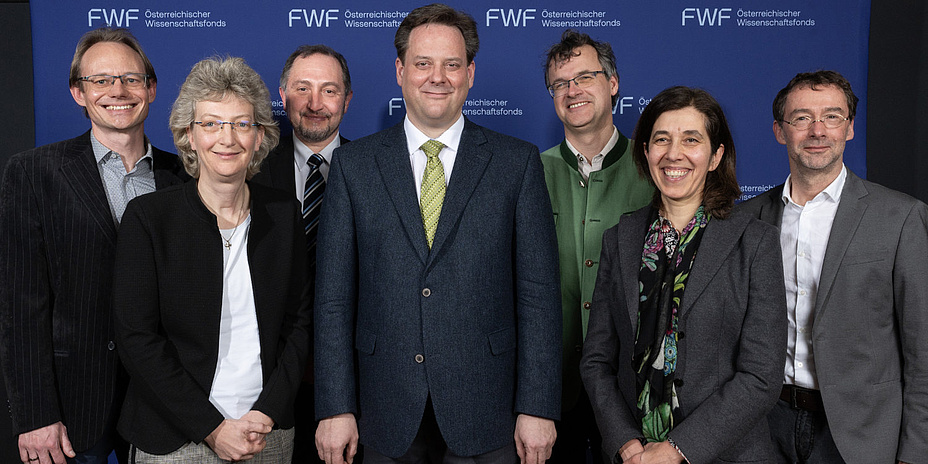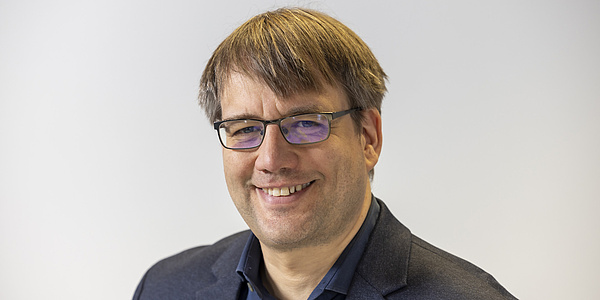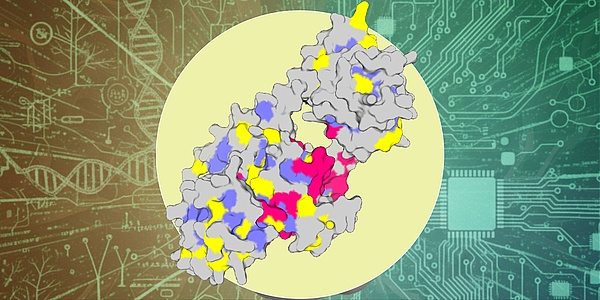FWF awards funding for new Cluster of Excellence featuring TU Graz

At the end of the initial funding round of the excellence initiative “excellent=austria”, the collaborative project “Circular Bioengineering” has received funding approval from the Austrian Science Fund FWF. Funded with a total of 16 million euros, researchers at five universities will develop environmentally friendly methods and processes for producing bio-based chemicals and materials. The Cluster of Excellence is headed by the University of Natural Resources and Life Sciences (BOKU) in Vienna. In addition to TU Graz, the consortium includes the University of Vienna, TU Wien and the University of Graz.
A circular bioeconomy as the goal
The exploitation of limited resources for the production of consumer goods creates wealth in the short term, but threatens the livelihoods of many living beings in the long term. The Cluster of Excellence “Circular Bioengineering” is therefore researching the decoupling of economic growth and resource consumption. The production of platform chemicals and materials from renewable raw materials and their efficient and, above all, circular use makes it possible to switch from petroleum-based to bio-based substances. The use of green chemistry concepts and biotechnological processes creates a sustainable and environmentally friendly alternative. The Cluster of Excellence researches fundamental methods and processes to establish a circular bioeconomy and trains a new generation of young researchers with comprehensive skills to tackle the challenges of our future.
TU Graz: Expertise at the interface of biosciences and process engineering
TU Graz is represented in the Cluster of Excellence by the Institute of Biotechnology and Biochemical Engineering, headed by Bernd Nidetzky, and the Institute of Molecular Biotechnology, headed by Robert Kourist. The researchers from Graz contribute their expertise at the interface of biosciences and process engineering to the cluster. “We are focusing on two main topics,” explains Bernd Nidetzky, who represents TU Graz on the Cluster's Board of Directors: “One is the conversion of CO2 into bioplastics by specialized bacteria, where the challenge lies primarily in the targeted management of reaction conditions and scaling. Our second focus is the optimization of enzymatic processes for the processing of waste and renewable raw materials, for example the utilization of cellulose residues for the production of valuable chemicals."
About the Excellence Initiative
The Austrian federal government's excellence initiative “excellent=austria” serves to promote top-level research at universities and non-university research institutions. The funding is intended to create long-term structures at the participating institutions, attractive surrounding conditions and international awareness. A cluster of excellence is characterized by the successful combination of cutting-edge research, research-led training and the promotion of young talent as well as national and international knowledge exchange. Knowledge and technology transfer with industry and society is also a central element. The funding volume of the individual clusters is comprised of a 60 percent share provided by the FWF and a 40 percent share contributed by the participating research institutions.
An overview of all Clusters of Excellence and Emerging Fields: excellentaustria.fwf.ac.at
Kontakt
Bernd NIDETZKY
Univ.-Prof. Dipl.-Ing. Dr.techn. Dr.h.c.
TU Graz | Institute of Biotechnology and Biochemical Engineering
Phone: +43 316 873 8400
bernd.nidetzky@tugraz.at




